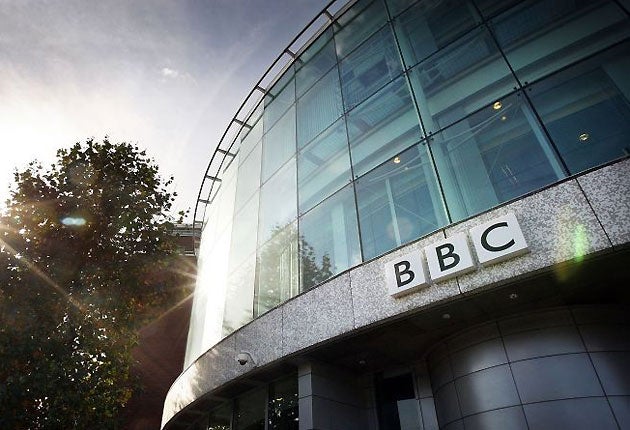TV licence fee to be frozen for two years

The TV licence fee is to be frozen for at least a year due to the economic pressures on viewers, it was announced today.
And the BBC Trust has proposed keeping the cost at its present £145.50 for a further 12 months, until March 2013.
The Government, which agreed today to the freeze for the coming financial year, said it would make no decision on capping the fee for a second year until a later date.
BBC Trust proposals would mean a £144 million budget cut, which chairman Sir Michael Lyons warned would not be "pain-free".
Culture Secretary Jeremy Hunt welcomed the first year's freeze today, but said a decision about the second year would be taken in the future "as part of the next funding settlement".
Today's proposal by the Trust was in response to the "exceptional pressures" of the economic climate, it said.
The BBC had been entitled to increase the fee by 2% in the next financial year and up to 2% for the following 12 months. But the Trust also keeps the BBC's financial needs under review to ensure spending is appropriate.
In June it asked the corporation's executive board to examine budgets in June to look into short-term savings.
The cost-cutting will require "on-air changes", but the trust concluded that savings could be made while minimising impact.
Work is now being undertaken to work out the fine-tuning of savings.
Mr Hunt was informed of the proposals today in a letter from Sir Michael, who announced just two days earlier he was stepping down from his position early next year after just one term in office.
Sir Michael warned today that the cuts would not be "pain-free".
He said: "The Trust remains committed to the principle of ring-fenced multi-year licence fee settlements.
"It is a key part of the BBC's independence that the Government grants such settlements and does not re-open them before they come to an end.
"However, we also recognise that the British public is facing an exceptionally tough financial climate.
"In June, as part of the Trust's role in ensuring value for money at the BBC, we asked the Executive to see if they could make further savings on top of the existing 3% year-on-year efficiencies, so that the BBC does not ask licence fee-payers to pay any more than they need to for BBC services.
"A freeze in income will not be pain-free, and this decision was not taken lightly. But the Trust is satisfied that the BBC can manage the impact while continuing to deliver the range of programmes and services that the public loves."
Over and above the licence fee savings, a further review is taking place to identify savings across the corporation. These include revamping structures and work practices to reduce costs.
The National Audit Office has been asked by the Trust to assist in finding savings.
The Department for Culture, Media and Sport agreed there will be no increase for the coming year, but a decision about 2012/13 remains open.
Mr Hunt said: "I am pleased with the BBC Trust's proposal.
"I have made it clear that the BBC needs to take proper account of the current economic climate and this move, which comes with the Trust's assurances that it will not significantly impact on the quality of services provided to licence fee-payers, will be welcomed by the public."
Pact, the trade body for independent producers, said the BBC should reconsider such cuts because of the effect on programme quality.
Chief executive John McVay said: "Pact recognises that during these difficult economic times that it is broadly right for the BBC Trust to make the decision not to increase the BBC licence fee for the next two years.
"However, we are alarmed at what impact this may have on the TV programme budget and the consequences that any further reduction will have on individual programme budgets, which are already under considerable strain as a result of the BBC's 5% year-on-year efficiency targets."
He added: "We call on the BBC management to explore how these additional efficiencies can be met from other areas of BBC expenditure in order to ensure that BBC licence payers are rewarded with the high quality programming that they should rightly expect for their money."
Join our commenting forum
Join thought-provoking conversations, follow other Independent readers and see their replies
Comments
Bookmark popover
Removed from bookmarks